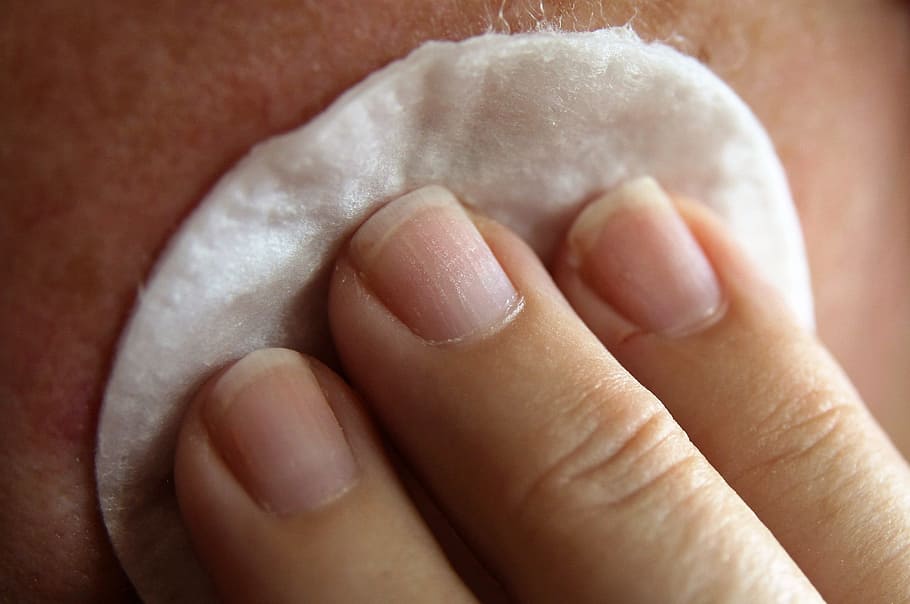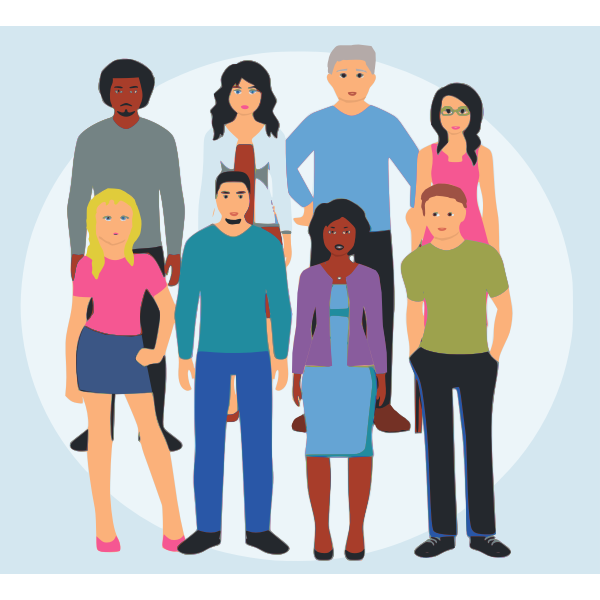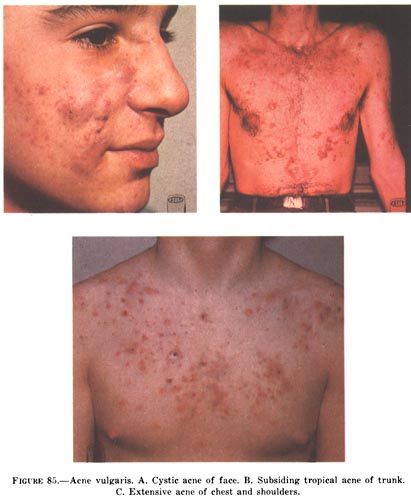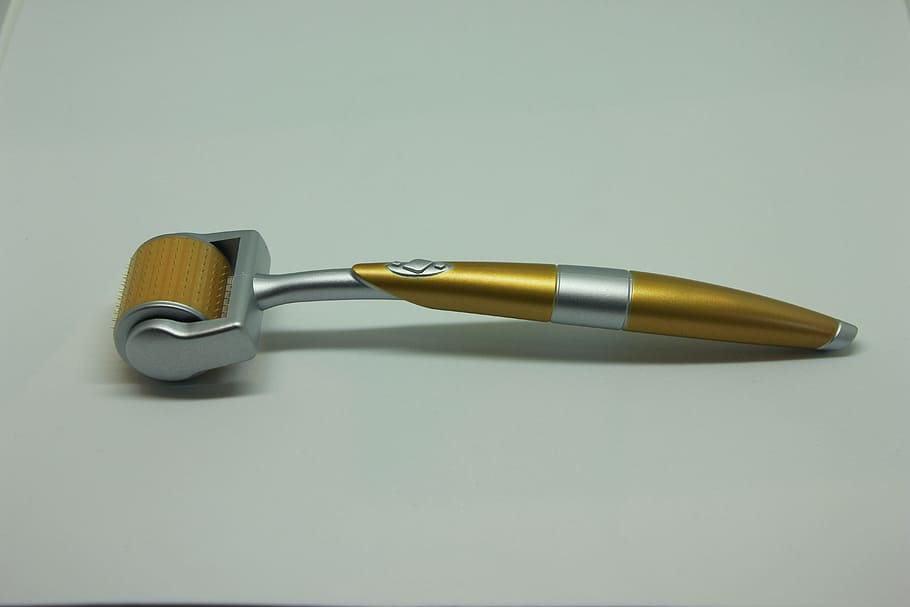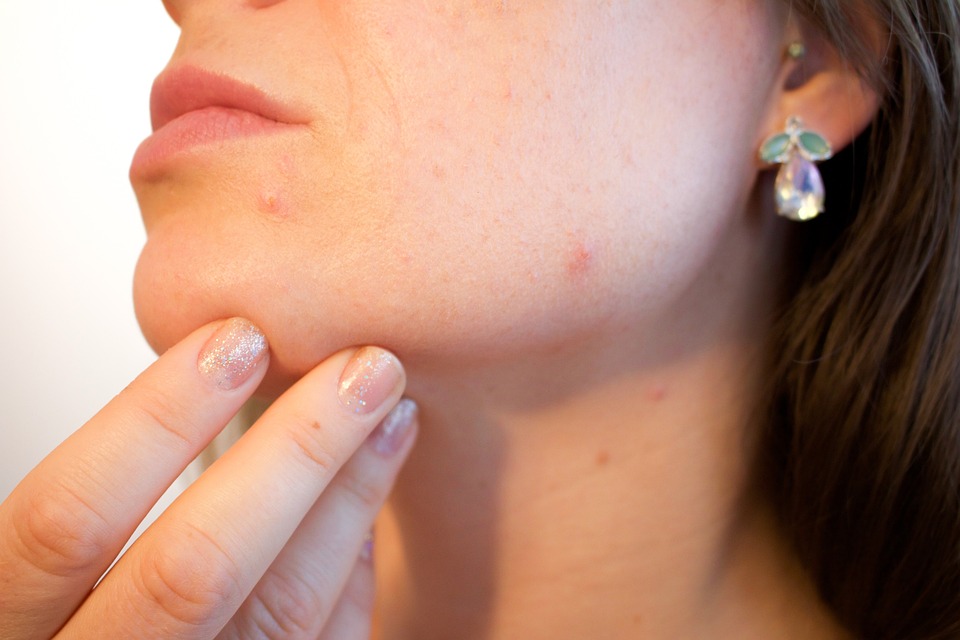
The people are tired of the side effects of the drugs and are now turning to alternative therapies for the cure and treatment of common problems. Home remedies are one of the alternative methods that have been proven to be inexpensive and can be easily made at home without much effort.
For centuries our ancestors used these home remedies to treat disease, but the latest inventions and discoveries in the field of medicine have obscured the benefits of these homemade treatments. In recent times, people have shifted back to these home remedies.
Home remedies for acne, arthritis, asthma, anemia, back pain, cold, constipation, eczema, hair loss, high blood pressure, indigestion, obesity, sore throat, stress
Home remedies for some of the most common illnesses and problems include:
Acne
Apply cucumber leaves or shredded cucumber pieces to the affected areas.
Sticking fenugreek leaves applied to the affected area at night and washed off the next morning is also effective.
Mix a tablespoon of besan flour and a teaspoon of lemon juice until a smooth paste is formed. Apply to neck and face and wash off when dry.
Acidity
Drink a glass of cold milk to get quick relief from the acidity.
Drink a glass of water with a teaspoon of baking soda for instant relief.
Chewing gum also provides acidity relief in minutes.
Arthritis
With an empty stomach, take 3-4 walnuts (akhrot) or 1 fresh coconut.
Smear warm mustard oil on a madar leaf and apply it on the affected area for a few hours.
Drink some radish juice with added sugar.
Asthma
Drink a cup of black coffee, the heat will break up the custard, and the caffeine will help remove the tightness in the chest and throat.
Add 30-40 leaves of tulsi to a liter of water, strain the leaves and drink the water throughout the day.
Anemia
Eat 2-3 apples daily without peeling to increase the body's iron stores.
Intake of beet juice is very beneficial for the anemic person.
Backache
Drink some hot milk or water with powdered sonth, meetha soda and salt.
Massage the back with turpentine oil.
For temporary and quick relief, heat can be applied to the back with a hot water bottle.
for natural home remedies for various ailments, diet, lifestyle, causes and symptoms and natural herbal remedies and herbal treatment
Common cold
Drink a cup of water with a few drops of garlic oil and a teaspoon of onion juice.
Rub the chest and throat with camphor water or oil.
Drink honey and lemon juice in hot water to relieve a sore throat.
Constipation
Drink a tablespoon of corn syrup in a cup of water.
Drink a glass of prune juice to ease bowel movements.
Drinking a cup of coffee will also provide relief from constipation.
Eczema
Mix a teaspoon of camphor and a teaspoon of sandalwood into a paste and apply to the affected areas.
Drinking Aloe Vera juice helps to cleanse the system.
Hair loss
Wash hair with peppermint or spearmint tea to prevent hair loss and promote hair growth.
Wash hair regularly with white vinegar to prevent hair fall.
High bloodpressure
Mix half onion juice and half honey. Take 2 tablespoons once a day for 1-2 weeks.
Eat two cloves of garlic every morning.
Eat a papaya daily on an empty stomach for a month.
High blood cholesterol
Drinking onion juice daily for a week lowers blood cholesterol.
Eat a few cloves of garlic every day to lower blood cholesterol.
Indigestion
Drink aloe vera juice, papaya juice, or chamomile, comfrey, red raspberry, or peppermint tea.
Drinking a glass of water with a tablespoon of baking soda provides instant relief.
Obesity
Eat 10 fresh curry leaves in the early morning for three or four months.
Drink a cup of water with 3 teaspoons of lime juice, a fourth teaspoon of black pepper powder and a teaspoon of honey every day for three months.
Eat freshly sliced tomatoes with onion and lemon juice.
Drink lemon juice with honey and warm water every morning.
Sore throat
Gargle every hour with vinegar or salt water.
Drink warm milk with honey before bed for instant relief from a sore throat.
A teaspoon of honey will provide relief from a sore throat.
Tension
Chewing 12 tulsi leaves twice a day, morning and evening, is the very beneficial treatment for stress.
Various seeds such as alfalfa, sunflower and pumpkin are very beneficial in the treatment of stress.
Using these home remedies is very effective and does not cause any side effects on the physical body.

